Writing an article for its home portal, Letta Tayler, the Associate Director of Crisis and Conflict division in the US-based HRW has criticised India’s counterterrorism measures, forgetting that the country is fighting a grim battle against Pakistan’s evil designs for decades
Claim:
Human Rights Watch said India’s efforts to increase its influence in this domain (counter terrorism) are concerning, given its domestic record of undermining human rights under the guise of countering terrorism. Its intensifying internal repression does not bode well for its approach on the Security Council.
Counterclaim:
The New York City-based think tank is apparently undermining India’s sufferings due to terrorism. In the world, no country has lost as many people to the menace of terrorism as India. Since 1989, it has lost around 43,000 people and of them, a maximum in the Union Territory of Jammu and Kashmir. Although, since the removal of Article 370 in August 2019 in J&K, number of killings due to Pakistan sponsored terrorism in the region have come down, still 284 people, including security force personnel have been killed in the past three years.
Then who will forget the deadly terrorist attack on the Indian parliament on December 13, 2001. Five heavily armed terrorists belonging to Pakistan-based terror outfits Lashkar-e-Taiba and Jaish-e-Mohammed had infiltrated the Indian Parliament complex in New Delhi when session was on. Nine people were killed in that attack. In any part of the world, no country except India had to see its temple of democracy which a parliament house represents, being attacked by the mercenaries of death and destruction.
Terrorist attacks of Mumbai in November 2008 were no less catastrophic in nature. A total 166 people, including 26 foreign nationals were killed and 300 others injured when 10 Pakistan-based terrorists entered Mumbai through sea routes and attacked the city for four days. It was the third terror attack on India’s financial capital since March 12, 1993. About 260 people were killed and more than 700 were injured in one of the largest coordinated terror attacks on Indian soil in 1993. Similarly, 209 people were killed and more than 700 were injured when a series of bomb blasts in suburban railways in Mumbai on July 11, 2006. The bombs were set off in pressure cookers.
India was once again at the receiving end of terror attack when three Pakistani terrorists dressed in army uniforms opened fire on a bus and then attacked the Dina Nagar police station in Gurdaspur. Seven people including a Superintendent of Police were killed while 15 others injured in that attack in Gurdaspur. But before Indians could take a gasp of some fresh air, seven personnel were killed when Pathankot Air Force base was attacked by four terrorists belonging to Pakistan’s Jaish-e-Mohammad terror outfit on January 1, 2016. In the same year, four heavily armed terrorists from Pakistan had attacked Indian Army’s 12 Brigade headquarters in Uri town of J&K. In this deadly attack, as many as 18 soldiers were killed. Three years later, Jaish-e-Mohammad terror outfit carried out the deadliest terror attack on security forces, killing at least 44 CRPF personnel and wounding 20 others in Pulwama district of J&K
The Human Rights Watch should not forget that no human rights can be enjoyed by people so long as menace of terrorism remains intact and unbroken. National Human Rights Commission of India in its report has categorically maintained that “terrorism is a forceful and unlawful method to achieve the desired goal and affects almost every sphere of human life, be it economic, political or social.” In broad sense, the NHRC said, “Terrorism is the antithesis of independence, rendering it meaningless. In the Indian context, terrorism has been inspired by political, ideological, and ethical factors that threaten to destroy the social fabric.”
India has been fighting terrorism in all its forms and manifestations for several decades. To make this fight stronger and effective, India has, at the legal level, tools like Unlawful Activities Prevention Act (UAPA) to fight terrorism in all its manifestations. It has helped security agencies to deal with not only India’s domestic insurgent groups like Maoists but also those who radicalise youth or poison young minds with intention to harm the unity and integrity of the nation.
Given the history of Pakistan’s deep state’s involvement in sowing the seeds of communalism in India and its desire to recruit youth from the minority community and provide logistics and training with an aim to destabilise its largest South Asian neighbour, UAPA has given Indian security agencies a formidable legal tool to checkmate Islamabad’s evil designs against the country.






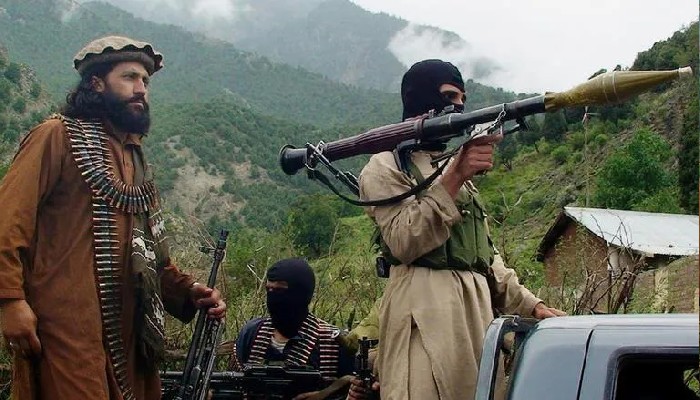
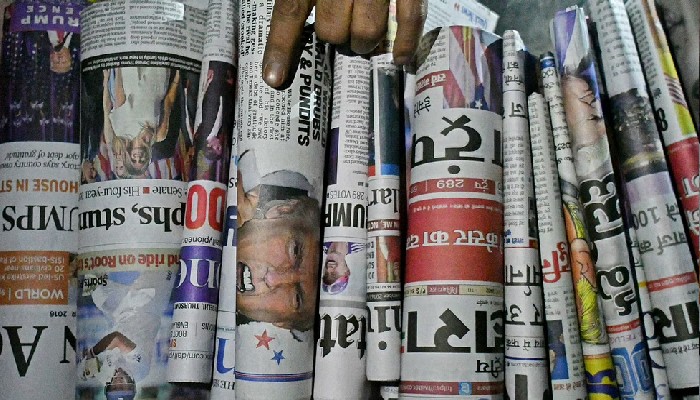
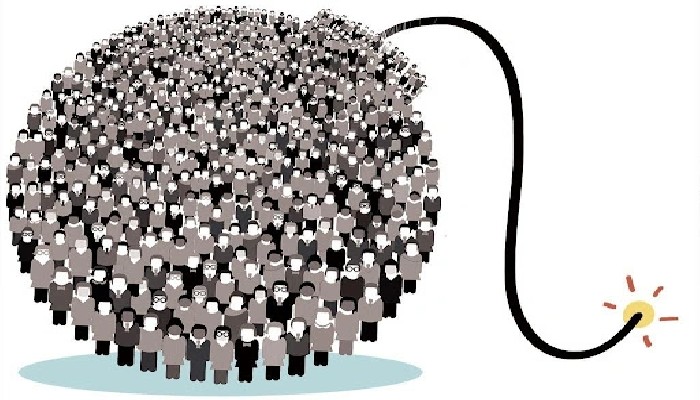
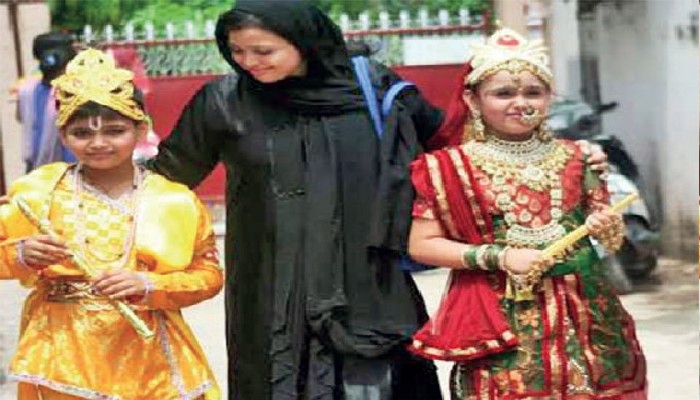
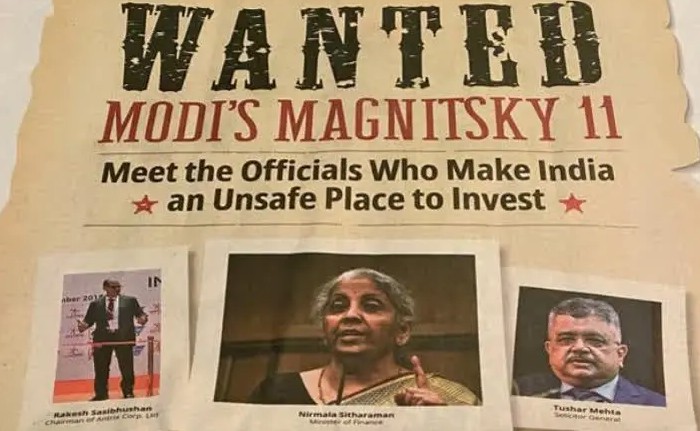
 Contact Us
Contact Us
 Subscribe
Subscribe
 News Letter
News Letter
 Instagram
Instagram Youtube
Youtube